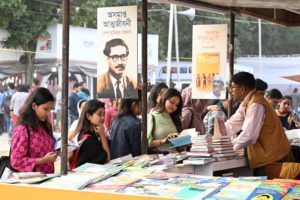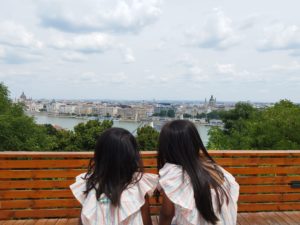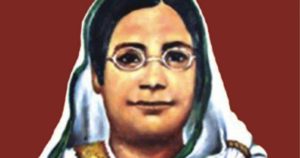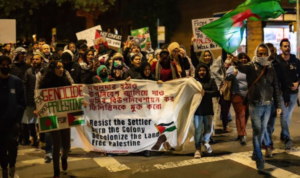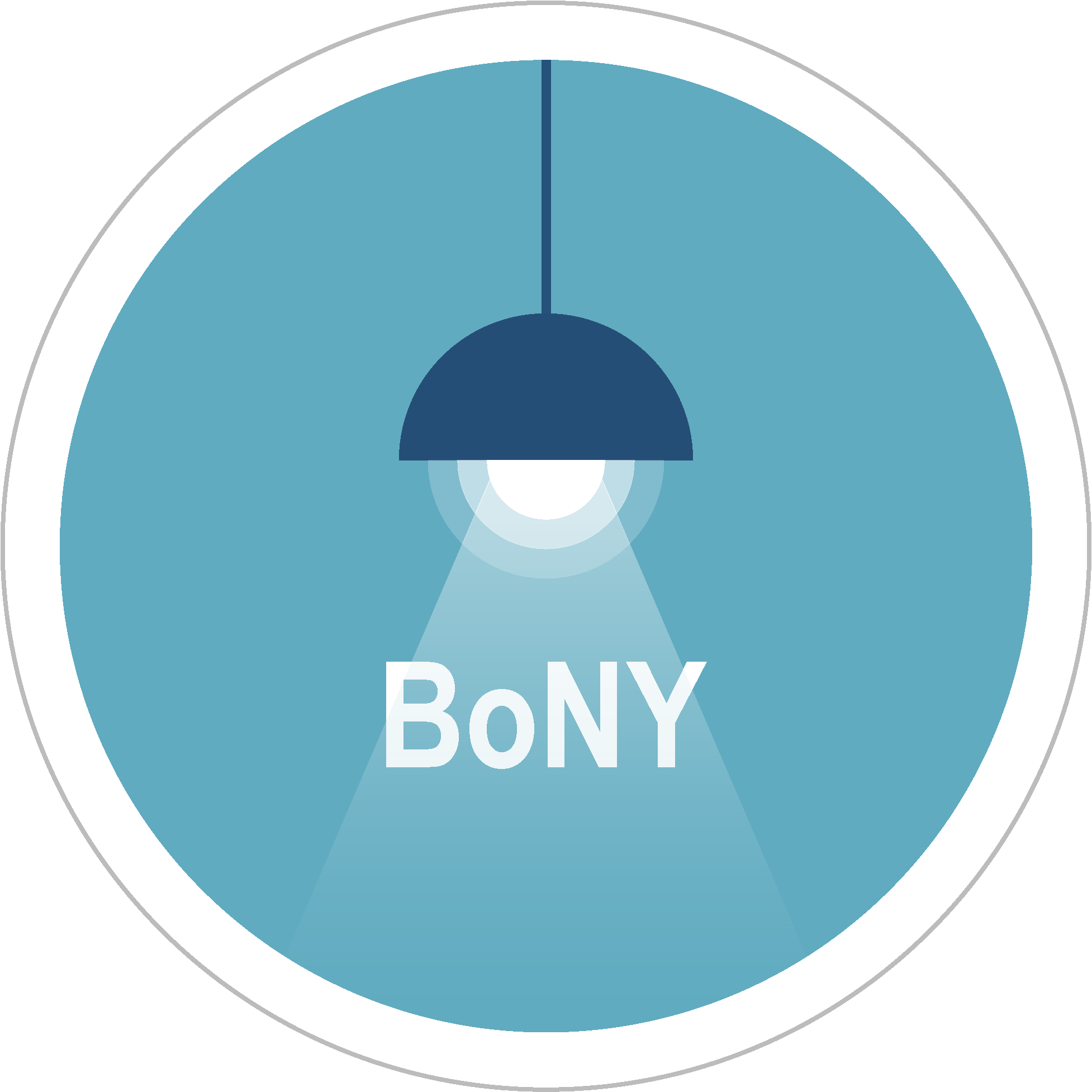For the Love of Bengali Cooking
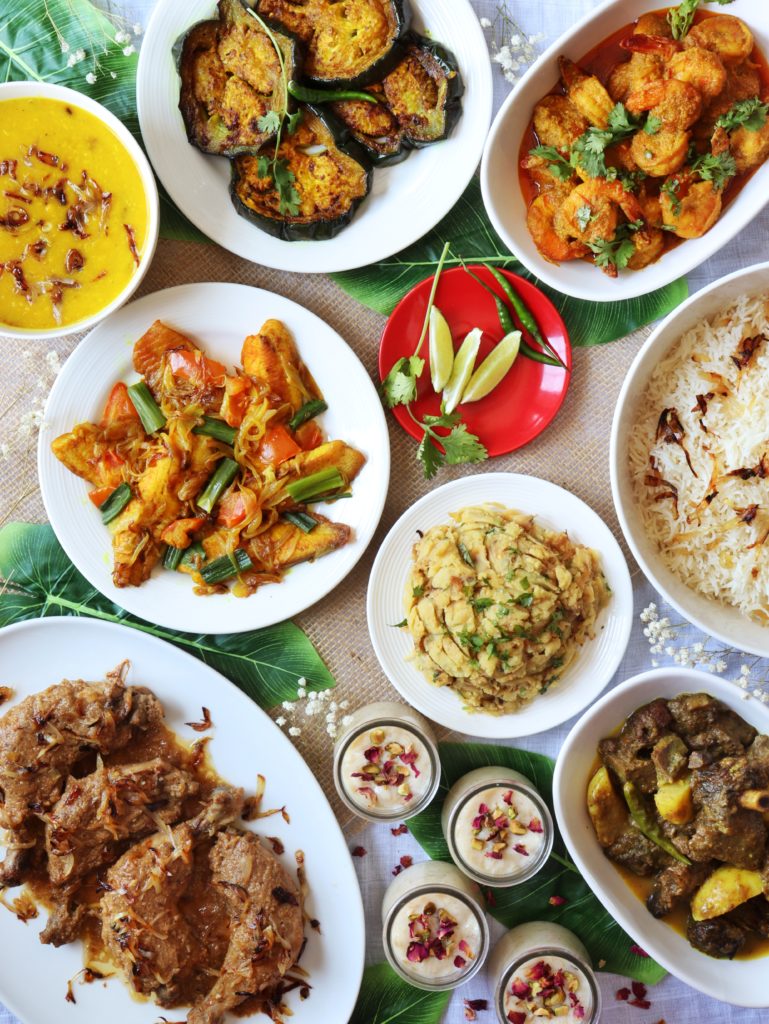
I remember being fascinated by a hand-me-down recipe coloring book for kids that my aunt gave me when I first came to the U.S. There were crayon marks on every other page, but I didn’t care. For an immigrant child, it was a glimpse into the exciting world of American food (which in hindsight I beg to differ) and my first realization that home cooked food didn’t have to be Bengali. I loved my curry and biryani, but I wanted to explore outside of that. Throughout the years, it kind of became my “thing” to introduce new dishes to my family. People would point to the one non-desi dish on a dinner party spread and say, “Jessy made that, right?” My mom, mother-in-law and aunts all had Bengali food covered, so I didn’t feel the need to master Bengali cooking.
Fast forward to the Covid era, when I finally started my own food page right here on Instagram. In an effort to define my space, I asked myself what kind of food is actually meaningful to me. Deep down, I knew the answer all along: Bengali food. Although I also showcase global dishes and fusion recipes which I created purely from my imagination, I naturally gravitated toward recreating the Bengali food that I grew up with. The curry that colonialism taught us was “not cool,” became a source of pride. I put a spotlight on the bhortas and bhajis that often don’t get the chance to shine. I became obsessed with making homemade jeera powder! It’s food that I have a deep bond with and childhood memories of. It’s food that connects me to the women in my family, both present and generations past. It’s pure nostalgia.
It was through food blogging that I finally fell in love with the art of Bengali cooking. Why does this matter, you ask? It’s because food is history. By making the traditional food we grew up with, by posting pictures and videos, by sharing recipes with the world, by familiarizing our kids with it, or by even having a dialogue about it, we are playing a part in preserving history. In a time and place where our cultural identity is in perpetual crisis, what could be more important?
Read More
The Legacy of Boi Mela
Every year in February, the month-long national book fair welcomes...
Read MoreMillennial Amma: How to Explain a Global Crisis As a Parent
Rumki Chowdhury shares tips for how to talk to children...
Read MoreBegum Rokeya’s Millennials
A tribute to a pioneering Bengali feminist writer, educator and...
Read More